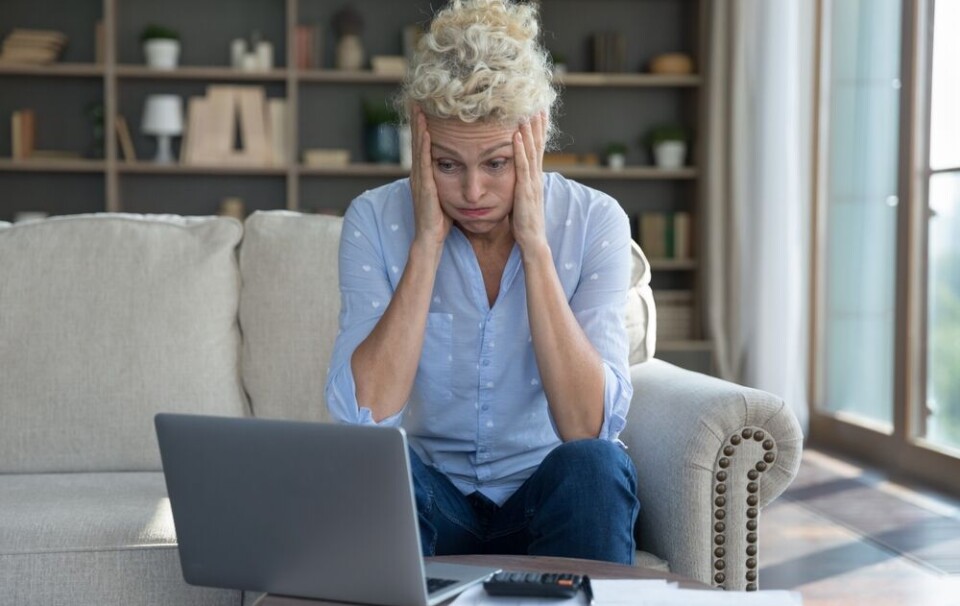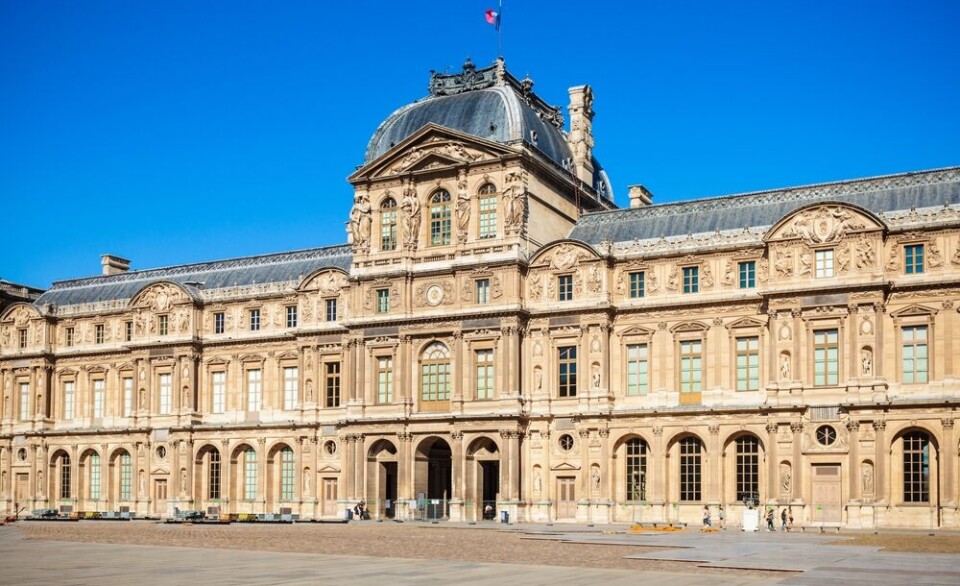-
Enedis warns of rising fake energy sales calls across France
Fraudsters posing as Enedis or its partners are targeting households, prompting daily scam reports to the electricity network operator
-
‘No time to react’: mini-tornado damages homes in Gironde, west France
Violent weather rips off roofs and uproots trees. Around 300 properties impacted
-
Immigrants now make up 11.3% of France’s population, new figures show
2.6 million (33% of the immigrant population) had obtained citizenship
Rise in Covid-19 traces found in Paris water
Results from recent tests show a resurgence of SARS-CoV-2 - the virus that causes Covid-19 - in water in the French capital at minimal levels, as the government considers how to control a possible second wave of the virus in France.

Traces of the Covid-19 in Parisian non-drinking water over the past 14 days indicate a slight return of the virus, two months after confinement measures were lifted in Ile-de-France. However, it is too early to say the epidemic has returned, according to experts.
Water tests give advanced Covid-19 warning
When an infected person uses the lavatory, they expel cells containing the Covid-19 virus which then contaminate the toilet water. These infected cells remain present in the water some days after infection and before the first symptoms of the virus are apparent.
As such, testing non-drinking water can give advanced warning of the spread of the virus, as opposed to later indicators such as hospital numbers which show results after symptoms are evident.
Return of virus traces in Paris water
Reserves of non-drinking water in Paris tested in mid-April were found to have minuscule traces of Covid-19 in 27 areas tested. This water was then taken out of use as a safety precaution.
One month later in mid-May, new tests were done on the Parisian water reserves, and no trace of the virus was detected.
These monthly results correlate with the timeline of confinement measures taken to decrease transmission of the virus in Ile-de-France.
However, results from samples taken between June 22-25 show a minimal return of the virus in the region in six out of 12 samples. Tests carried out the following week confirmed these results.
Anne Souyris, deputy to the Mayor of Paris, said the results were “worrying” but that more information was still needed to confirm whether or not the epidemic was returning.
Experts consider how to use results
Aurélien Rousseau, director of Ile-de-France regional health agency l'Agence Régionale de Santé (ARS), agreed that the results so far were inconclusive. He told news source Le Monde: “We have taken these results into account but we need to construct a method to exploit them. We don’t want to set off on the wrong track.”
The ARS are working with Eau de Paris (Paris Water) and interdepartmental agencies to clean the Parisian water and to establish a method of tracking the virus in water throughout France.
Mr Rousseau said one potential benefit of tracking virus levels in water was the possibility of using targeted measures to contain the virus in specific areas where it was detected. These could include more testing centres and extra support for people who live in the area.
Read more: Paris offers 1.3million Covid-19 tests to residents
Infection rates also rise in Ile-de-France
Covid-19 cases have risen in the Yvelines, Hautes-de-Seine, Val-de-Marne and Val-d’Oise in the Ile-de-France.
However, infection rates are still considered stable in region as a whole. Health body Santé Publique France (SPF) confirmed cases are falling in many other departments in the region in its last update on June 25. Additionally, calls to health helpline SOS Médecins related to Covid-19 are also eight to ten times lower in Ile-de-France than they were at the end of March.
Mr Rousseau said: “At this stage, we don’t have a major alert for a return of the epidemic.”
He added that the health agency was nonetheless “preparing for targeted re-confinement measures”.
Government plans for targeted re-confinement
Prime minister Jean Castex also confirmed on July 8 that the government was studying “targeted” confinement measures to counteract possible future outbreaks Covid-19 in France.
He told news source France 2that another national confinement was not being considered as it would have “terrible human and economic consequences”.
Instead, targeted measures would mean confining an individual region, city, or neighbourhood where a significant cluster of infections had been identified.
Other measures being considered by the government, should the epidemic return, are reinforcing barrier measures, limiting travel, and targeted Covid-19 testing.
Hospitals have also been reinforcing their supplies of essential stocks in case the virus resurfaces.
This comes as experts warn that the best way to prevent future outbreaks is to continue practising barrier measures--something they are concerned people in France are “abandoning”.
Related stories:
Covid-19: How to stay healthy this summer in France
Covid-19 summer in France: Are fans and air con safe to use?
























